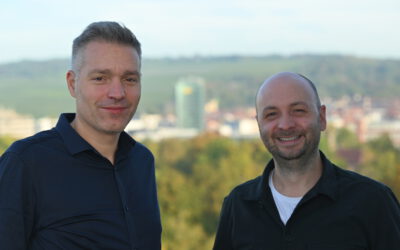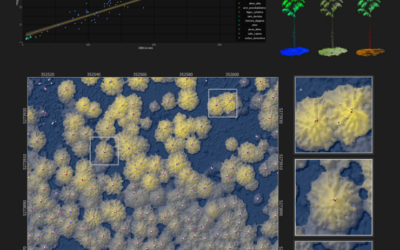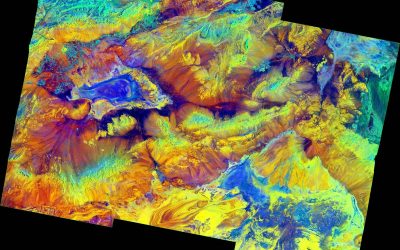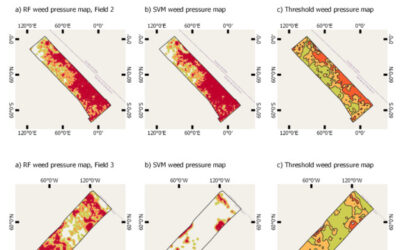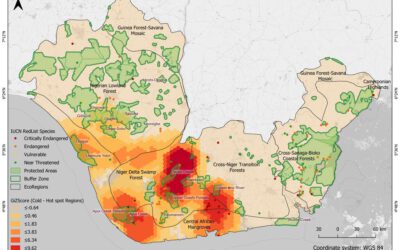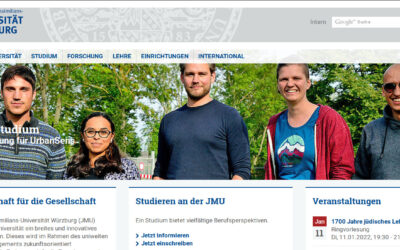Aim
In this class you will get familiar with the tools and tricks for good scientific writing. You will learn how to structure your text, depending on your goal: to submit an abstract to a conference, write a conference paper, a book chapter, or an article for Science Citation Index, SCI, listed journal.
Content
In this class we jointly read excellent, mediocre, and really weak scientific papers. You will learn how to structure and write abstracts, conference papers, as well as journal papers. We will evaluate the the broad range of geoscientific journals, and will also address topics such as the Science Citation Index, the Hirsch factor, discuss the impact and also shortcomings of tools such as Research Gate, Google Scholar, and open access research networks. Furthermore, we will shed light on typical journal paper review processes, have a look at reviewer selection mechanisms, the interpretation of revisions, and paper acceptance mechanisms. We will also address publication policies, publication costs, and the benefits of broadly publishing in your scientific field.
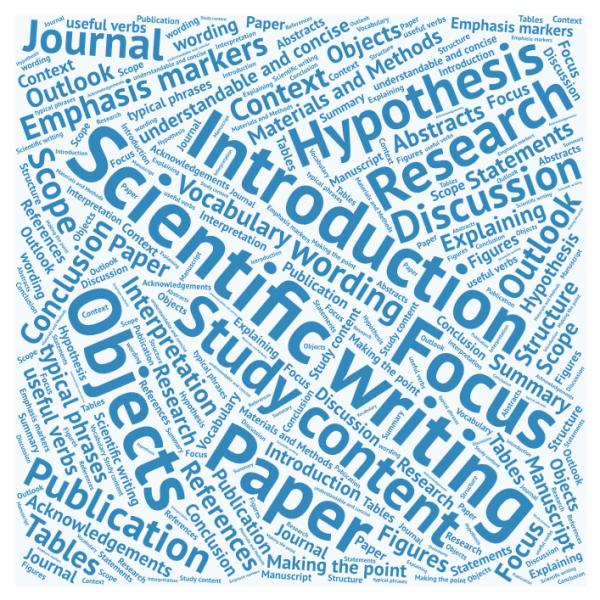
General Course News and Updates
New EAGLE Earth Observation professors
We are very happy to welcome two new professors within the EAGLE M.Sc. program! Prof. Dr. Hannes Taubenböck and Prof. Dr. Tobias Ullmann will strengthen the urban remote sensing and radar earth observation within the EAGLE program. Various new courses are already...
EAGLE summer dialogue 2022
After two years we finally had our EAGLE summer dialogue again with many Earth Observation alumni, now working in various research organizations and companies. Great to talk to all our past and present students and also seeing all the students getting to know each...
MSc defense by Antonio Castaneda
On Friday, 1st of July at 9am Antonio will present his M.Sc. thesis "Potential and limits of using UAS in forest monitoring". From the abstract: "The exponential development, usage, and application of uncrewed area systems (UAS) have given remote scientists a clear...
EAGLE application in 2022
We received again more than 200 applicants from all over the world. In total applicants from 42 different countries applied to our international Earth Observation M.Sc. program, covering countries such as Hungary, Morocco, Malaysia, Kenya, Nepal or Columbia. We are...
EAGLE application deadline 2022
Our application deadline for 2022 is approaching. If you want to study applied Earth Observation and learn about a variety of remote sensing sensors and methods as well as about fields of applications, submit your application at the latest on May 15th. Accepted...
MSc thesis defense by Nestor Gualsaqui
On March 8th at 10:30 Nestor will present his M.Sc. thesis "Pre-crop emergence weed mapping using high satellite imagery". From the abstract: "During the last decades, the growth of the world population has been increasing and weather fluctuations around the world...
MSc defense Nils Karges
Nils Karges will present his M.Sc. thesis "Exploring spatial relationships of soundscape variables in urban areas. " on 15th of February at 9:30. From the abstract: "This work describes the relationship between soundscape and the underlying landscape in an urban...
MSc defense Camilo Zamora
On Friday 11th of February at 9am Camilo Zamora will present his M.Sc. thesis "Deforestation dynamics in the Dry Chaco ecoregion: a three decades of change detection and fragmentation study analysis". From the abtract: "Tropical forests represent 52% of global forests...
MSc idea and interesting presentations
on Friday 18th of February at 9am we will have the following presentations: Jakob Rieser - Thesis Idea: "A Synergistic Use of Optical and SAR Remote Sensing Data for the Long-term Evolution of Biocrusts and their Activity across diverse Dryland Ecosystems"....
Our EAGLEs featured on the University page
Our EAGLEs Sofia, Annika, Antonio, Andreas and Nils are featured on the University webpage with their UrbanSens idea of combining mobile IoT sensors and Earth Observation data for urban climate monitoring. Their success winning the DLR Copernicus challenge rewarded...

